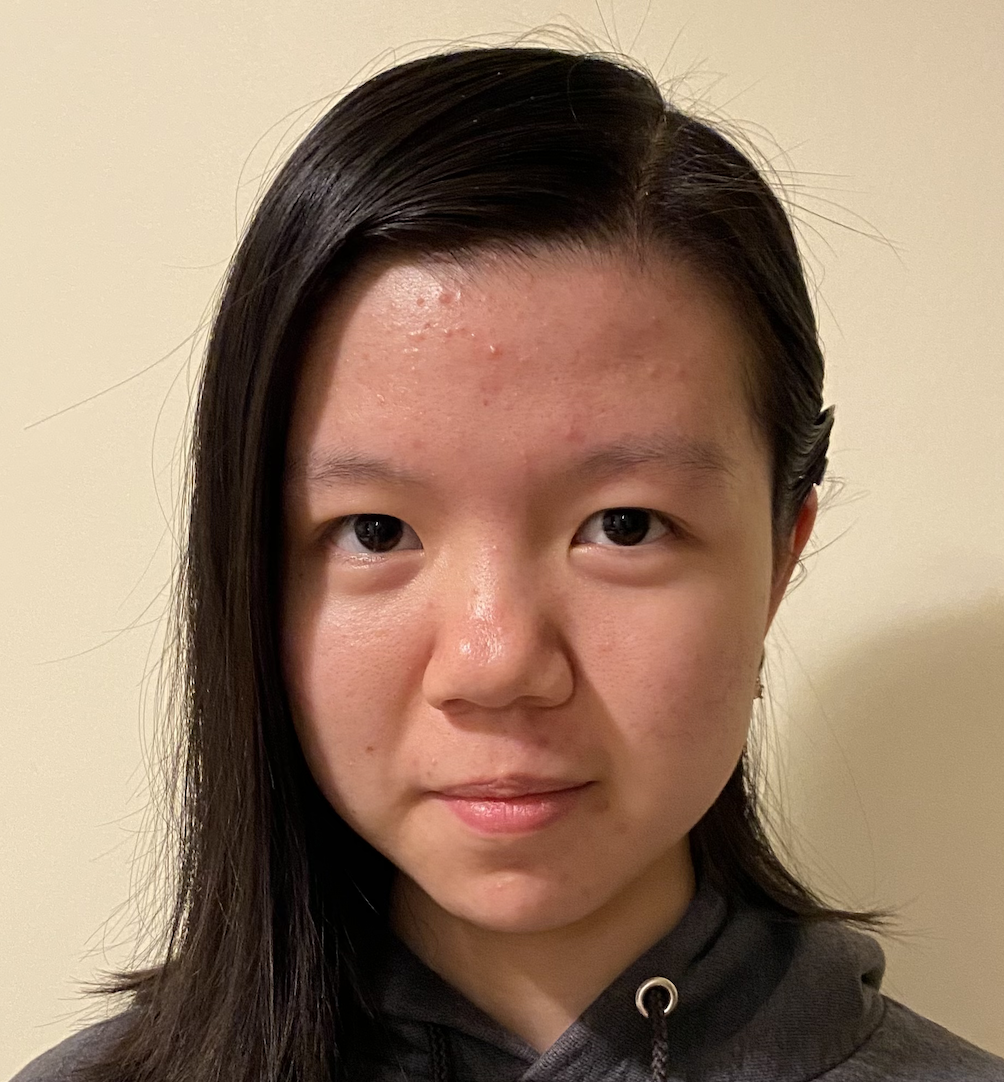Over the past year, the Innovation Hub worked in partnership with Spaces & Experiences to understand the needs of commuter students to support the design of future spaces intended to support them. In this blog, the Innovation Hub’s design research team reflects upon learnings from working on the year-long commuter spaces project, emphasizing that many students’ needs can be met in relatively simple ways.
Written by the Commuter Student Spaces team
Commuter students are a large and diverse group at U of T with unique perspectives. Over the past year, our Design Research team at the Innovation Hub worked to understand the needs of commuter students to strategize how to improve their experience. This design research was part of an Innovation Hub partnership with Spaces & Experiences to explore design ideas for future spaces at U of T to support the needs of commuter students.
Throughout the project, iHub Design Research team member Jenny was surprised to learn just how many commuter students feel like they can’t get some of their basic needs met while on campus:
Jenny: I was really surprised that even though U of T is comprised of mostly commuters, they feel overlooked, and they can’t find ways to get their needs met. As a result, many commuter students make compromises and sacrifices. Eager students who want to connect and engage in the community often end up facing unnecessary challenges.
On the bright side, our design team noticed that when we spoke to commuter students, they often brought up small things that could make a big difference in their days on campus – they were searching for the small comforts of home while on campus. As commuter students ourselves, we could relate and understand that the needs expressed by our student research participants were needs we had experienced first-hand.
Something encouraging we began to think about was how much of a big impact small things could make to improve commuter students’ experiences. Our data showed us that the little things really do go a long way – especially when you’re a commuter carrying your whole day with you from one place to the next during a typical day on campus.
Adding a Little Piece of Home

Getting to campus is a journey where commuter students have experienced an entire adventure before their academic day begins. While on campus, students seek opportunities to unwind and recharge, looking for rest stations or pit stops that feel like home. Below, Annika reflects on how creating a home away from home atmosphere for commuters provides them the comfort they need to recover and reset after a long journey to school.
Annika: Helping commuter students is not unlike being a good Samaritan to a traveller on a long journey: Granting them a way to replenish the physical, social, and psychological resources they’ve used up along the way. It’s not as if commuter students are unprepared in any sense of the word: They’re already set and packed, ready to go, have been since they looked their daily schedule in the eye and decided to brave it anyways. All they really need is a nice campfire to cozy up to, a place to find respite (if only for a while) and a little piece of home.
Some simple examples that capture a home environment include having a clean space that is taken care of with lighting, plants, modular furniture and baskets with items that could allow students to personalize their space on campus. Lighting came up quite a bit in our conversation as commuters mentioned how areas with natural light feel accessible because they can see the outdoors and feel connected to nature while working outside. Some commuters also talked about their need to access sensory-friendly spaces that were quieter and had dim lighting so they could decompress and regulate themselves.
Vending Variety

Many students spoke to us about how they had a hard time meeting their basic needs, such as eating balanced meals and nourishing themselves while on campus. Below, Thaksha reflects on how being able to access healthy snacks can really go a long way, by giving students the energy to meet their academic and personal demands to continue their journeys and thrive.
Thaksha: I remember a student mentioning that they wanted to grab something to eat, but the only options they had were vending machines. They said that the university could easily replace the junk food in the vending machines with healthy food options instead. I always assumed that vending machines only had unhealthy food available, so I was really surprised to hear about vending machines that offer healthy options. I realized that vending machines are an easy and accessible way for students to get food. Healthy vending machines seem like a simple solution!
Something simple like having healthy food options in vending machines can make sure students can take care of themselves while not being financially burdened. This example shows the change in perception of what a vending machine is and what it can provide, essentially what significant impact it can have on students’ lives.
Silver Linings

Although commuting can be exhausting, we learned that not everyone’s commuting experience is inherently negative. We were inspired by how commuter students made the best of their experience, and the creative ways that they came up with to reclaim/re-purpose their time. Below, Vivian reflects on the importance of having students find time for themselves:
Vivian: I was really surprised to learn that some students use their commute time as time for themselves. Students shared how they enjoyed catching up on their favourite podcasts and songs during this time, providing an opportunity for reflection and mindfulness. I related to other commuter students, as I also try to find opportunities to reflect, feel grounded, and enjoy a walk in the morning rather than dealing with transit delays. I think having more opportunities for students to continue engaging in mindfulness and self-care on campus could be quite simple.
We believe there’s so many ways to build on what’s already working for students. For example, something as simple as beginning a lecture with a two-minute intention-setting or meditation activity or adding in a couple of bean bags in a space are quick and easy ways to ensure that commuters feel supported and that their well-being is prioritized. Having more opportunities self-care or mindfulness is so important and can make students feel valued.
Wayfinding Woes

We could really understand when students mentioned that commuting brings an additional facet of uncertainty and hardship into their lives. While on campus commuters don’t have a home base or a space to settle in, but instead they wander with all their belongings, often struggling to find places of respite along the way. Below, Amelia reflects on why it is important to provide students with clarity with wayfinding after navigating a harrowing commute:
Amelia: It was surprising when students discovered many campus spaces through word-of-mouth references or by accidentally stumbling into rooms. I remember one student describing how they ended up finding one of their classes by wandering throughout the basement of the building, especially since there were no staff around. It was evident to me that students felt disconnected from the campus and how easier navigation would make them feel at ease and more connected.
Commuters also mentioned using social media such as Instagram reels to familiarize themselves with how to navigate around the campus. Simple actions such as welcome signs to indicate that a space can be used can show commuter students that we see their struggles and that their needs are top of mind. By adding as much clarity as possible when students are navigating through the campus, students can feel empowered and back in control.
A Little Goes a Long Way
In all these examples and more, our team truly saw how new spaces designed for commuter students would absolutely be beneficial. However, it was clearer to us that new buildings and spaces are not the only solutions. In fact, a little really does go a long way when it comes to meeting commuter needs and simple solutions are plentiful.
Contributors
Jenny Phung, Honours Bachelor of Science, Design Researcher, Double Major in Global Health and Book & Media Studies






0 comments on “Team Reflections: Commuter Student Spaces Project — It’s the small things that make a big difference ”